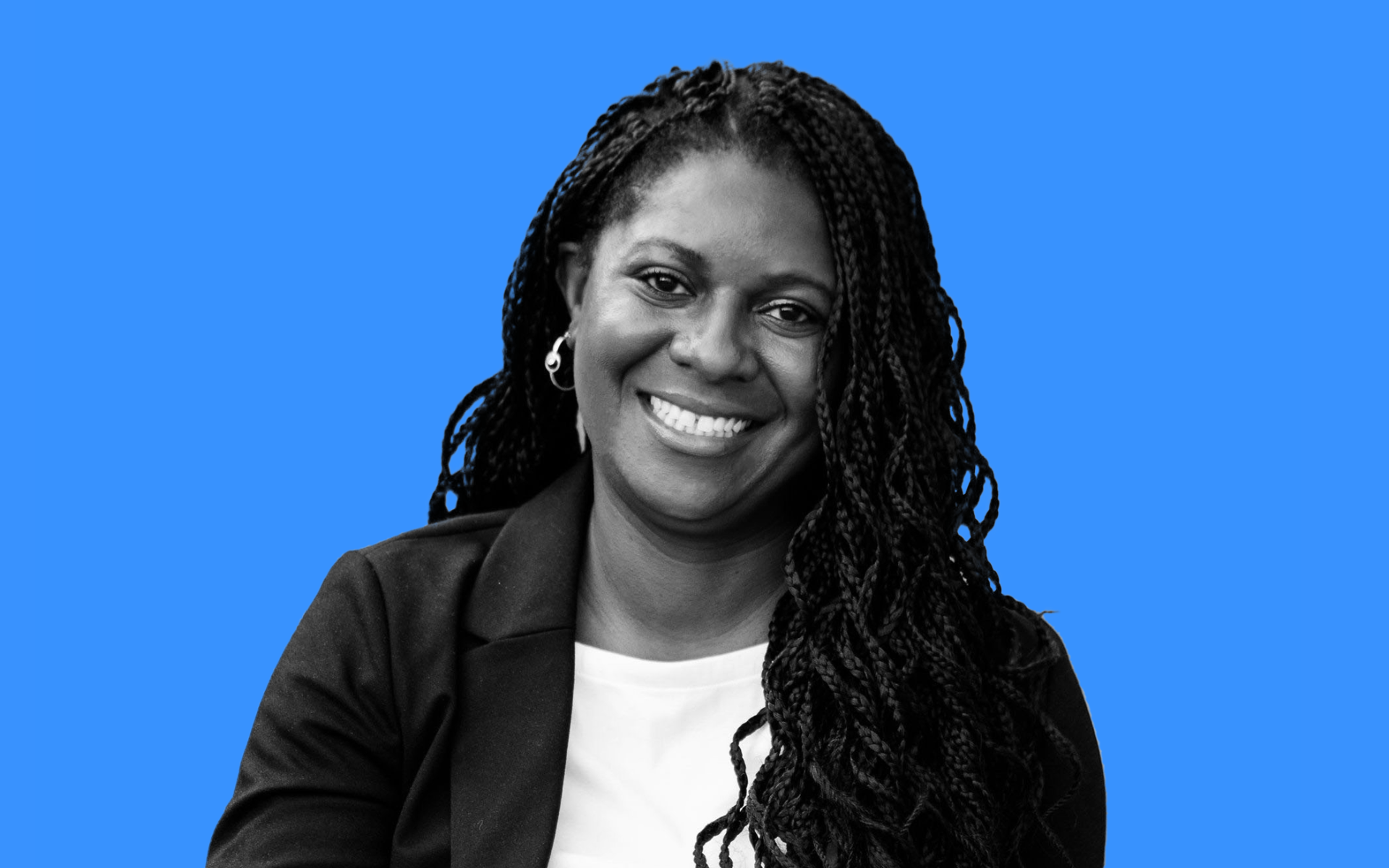Apryl Alexander
Apryl Alexander, director of the University of North Carolina at Charlotte Violence Prevention Center, discusses her work and the intersection of violence and the 2024 election.

Read Time: 4 minutes
Published:
Apryl Alexander, a clinical psychologist, is the Metrolina Distinguished Scholar in Health and Public Policy at the University of North Carolina at Charlotte and director of the UNC Charlotte Violence Prevention Center. Her research and advocacy, particularly in preventing sexual violence, make her a leading voice in the field.
Public Health Post: You focus on culturally informed practice in your work. How does cultural competence impact the effectiveness of violence prevention strategies?
Apryl Alexander: The impacts of violence on marginalized communities are often distinct from those in other communities. When developing prevention or intervention tools, we need to center the voices of these communities in our work. This means actively incorporating their perspectives and experiences into our strategies.
One crucial aspect we’re often missing in our approach, especially for marginalized communities, is addressing structural and systemic violence. Due to historical and ongoing systemic inequities, what we might typically define as trauma may be perceived as ‘normal’ within these communities. Forced removal and displacement of families have been present for centuries, rupturing connections. For example, when working with youth, I’ve encountered teenagers who didn’t recognize sexual exploitation as trauma because it was normalized in their environment. When we engage with marginalized communities about trauma-related issues, we need to recognize that their experiences of violence might not align with traditional definitions of trauma, such as repeated discrimination and racial trauma. This really highlights how important culturally informed practices are in violence prevention.
What do you feel are the most pressing challenges in violence prevention that public health policies need to address?
One, we need financial investments from our governments in prevention, so we can see the community-level outcomes. Second, we, as a society, really need to be thinking about how we want to invest in violence prevention. That’s going to bring up some tricky conversations, but if we want to end gun violence, if we want to end mass shootings, then we need to think about how we’re following the evidence for what works to end these tragedies.
What do you feel are the most important things our readers should know about the topic of violence prevention?
My core message is always that violence is preventable. Some people in society think violence is inevitable, but I don’t fall on that philosophy. We need to shift community perceptions to think about how we are engaging in violence prevention. How are we addressing issues related to misogyny, toxic masculinity, and White supremacy? How are we engaging in violence prevention in our day-to-day work? How is this coming up in your school system or your workplace? Each of us should be a violence preventionist.
What are some ways that communities can be more actively engaged in violence prevention efforts?
I want people to be more civically engaged. We need to be aware of how our city councils and state governments are spending their budgets. Also, we have empirically informed ways to engage in violence prevention. For example, we could look at our school systems. Are they doing things like healthy relationship courses with young people? Are they discussing bystander intervention in schools? We need to think about how we can hold decision-makers accountable. If we’re not aware of what’s going on in our communities, then we won’t know where to start.
As we approach the election, what do you believe should be the key priorities for candidates when it comes to violence prevention and public health policy?
This election season, we know that reproductive health and reproductive justice are big topics of conversation, and that’s where we really need to be talking about violence prevention. We should be thinking about gender-based violence. As we’re talking about multiple epidemics, gender-based violence has been categorized as a pandemic.
Some of my work during the COVID-19 pandemic focused on how certain communities experienced elevated rates of gender-based violence. I emphasized then that we needed to be concerned about individuals and communities in the long-term, as the effects are long-lasting. Now that our COVID-19 emergency funds have run out, we need to ask: What does life look like for these communities?
Apryl Alexander was a panelist at the Boston University School of Public Health event A Vote for Health: Preventing Violence. Revisit the conversation here.
This interview was edited for length and clarity.



